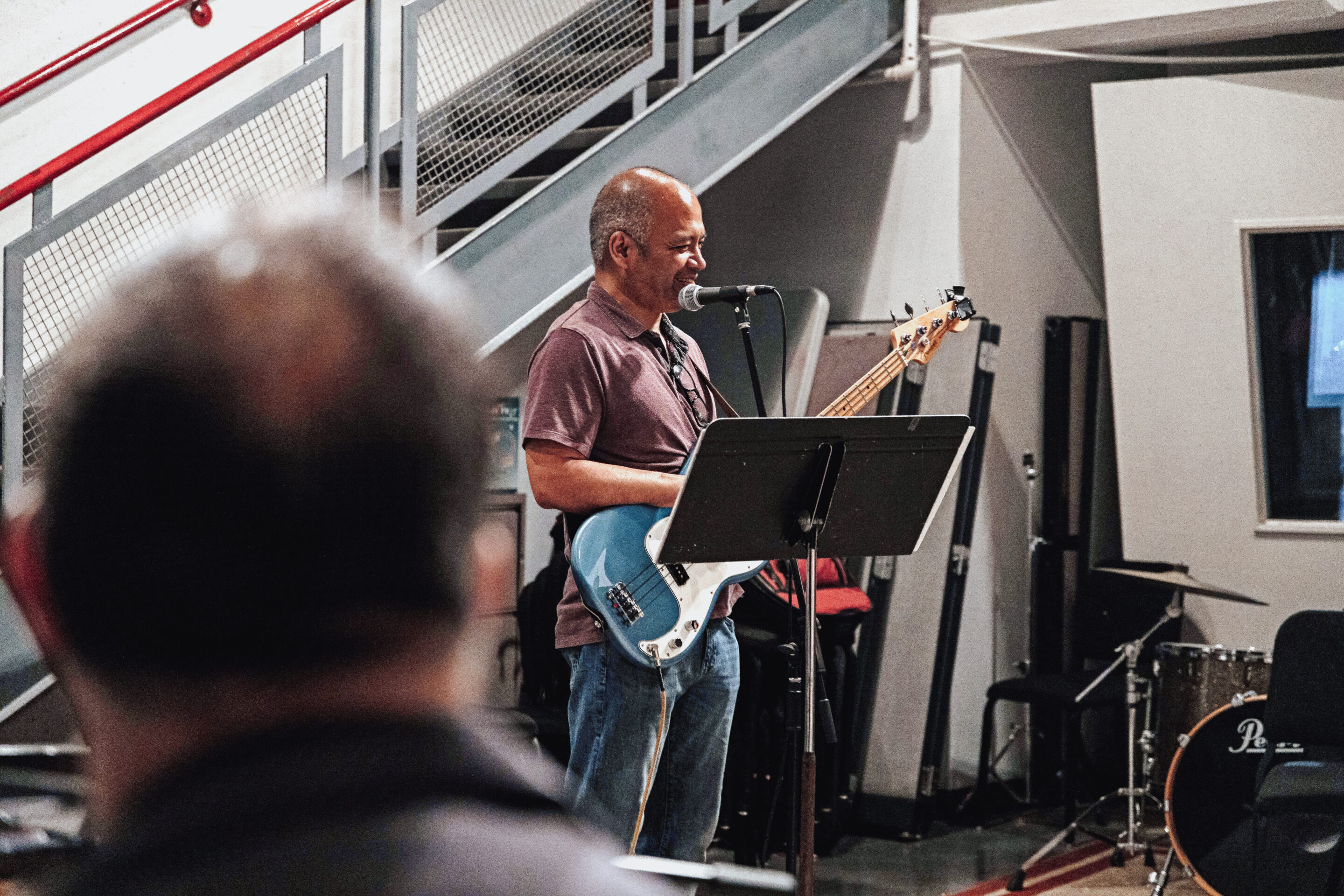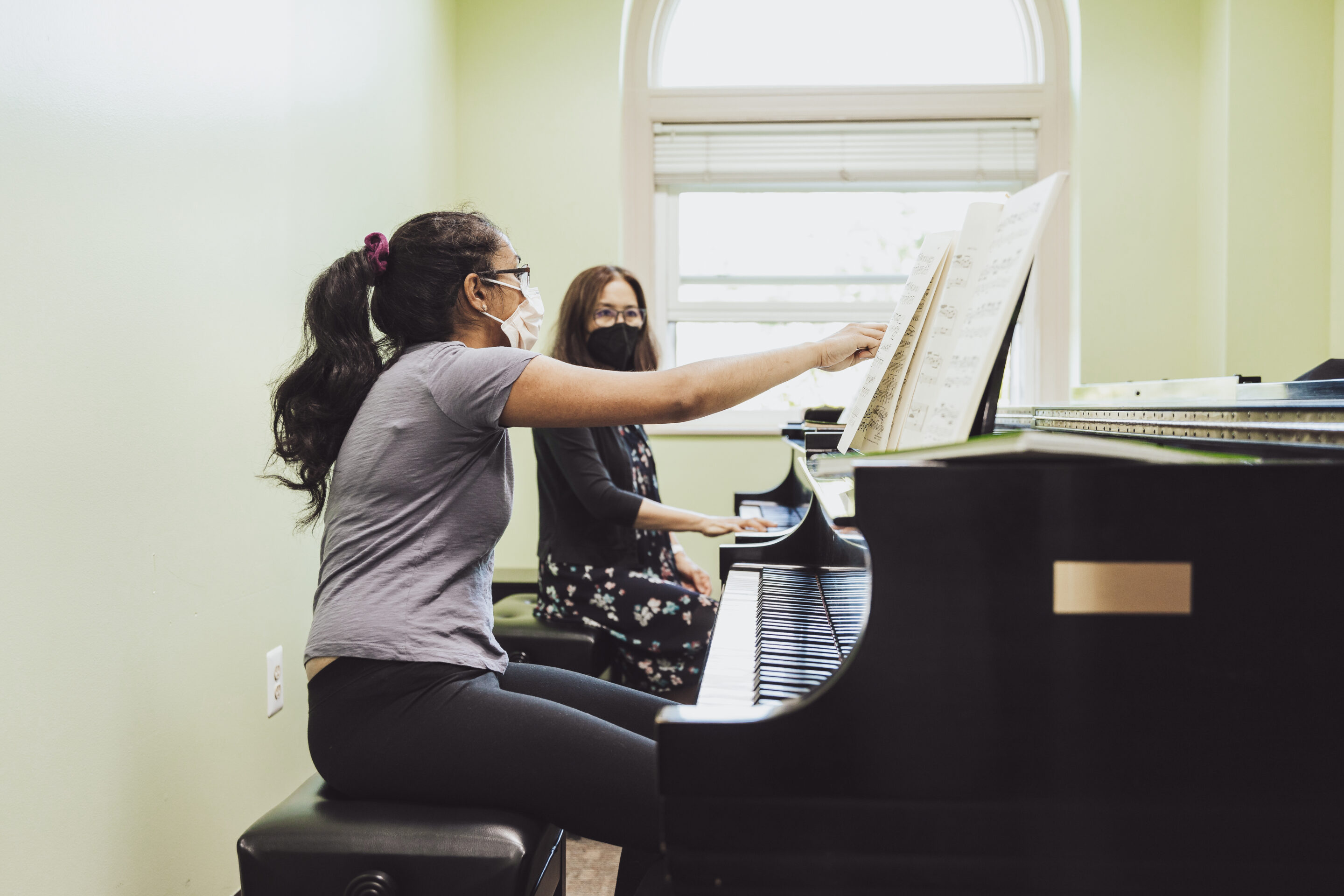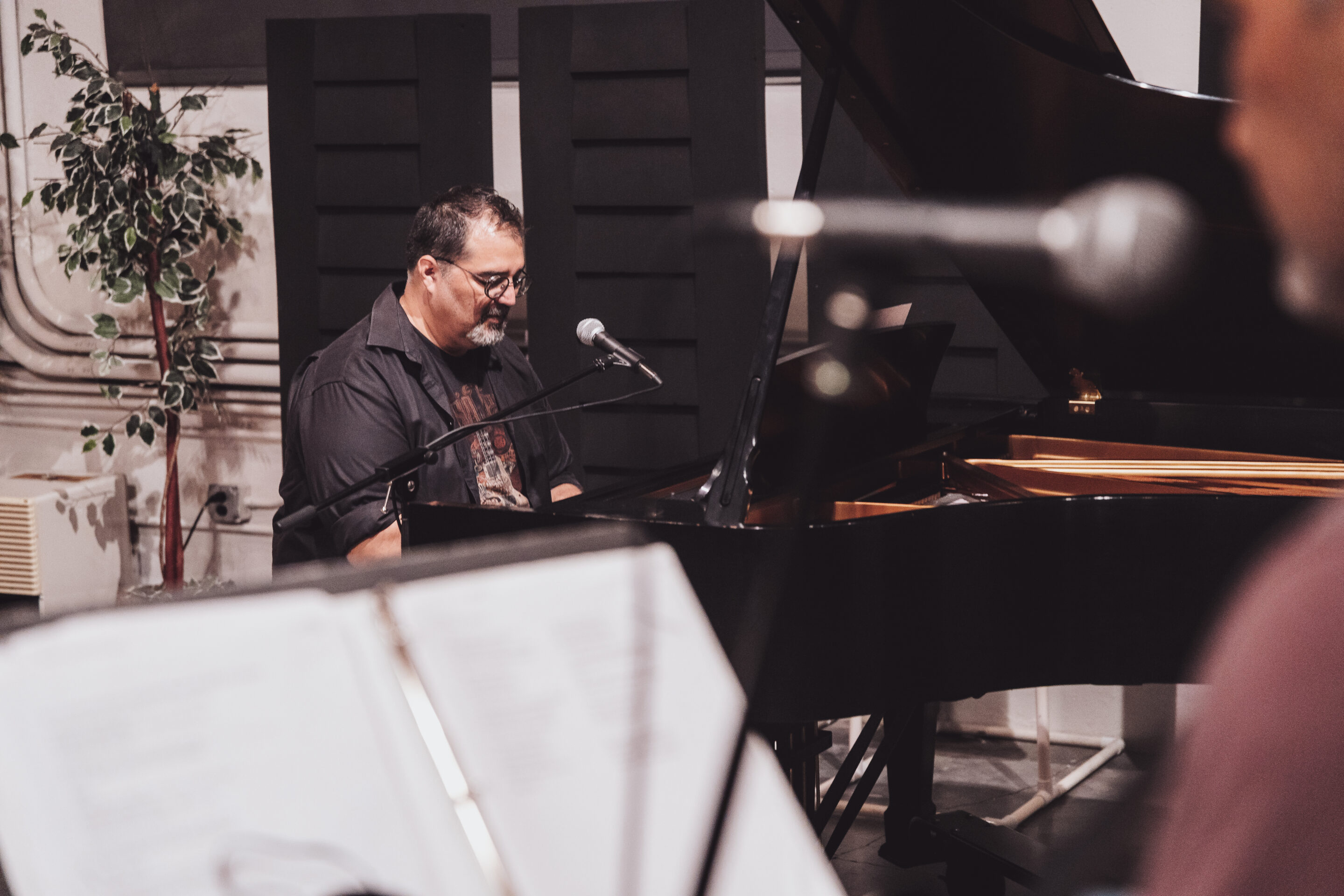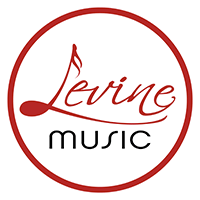When we think of beginner music lessons, we often picture kids whose feet can’t quite reach the piano pedals or the smiley face stickers little ones put on their violins. But learning a new instrument isn’t just for kids!
Read on as we break down picking up a new instrument as an adult, the benefits you’ll receive from your training, and the best tips to start you on your path!
The Adult Brain on Learning
Although many people subscribe to the notion that “you can’t teach an old dog new tricks,” the human brain is incredibly resilient. While it may be more difficult to learn something new the older you get, that doesn’t mean picking up a new skill like an instrument is impossible. In fact, it’s never too late! As we learn new things as adults, we create new connections between the neurons in our brains.
In fact, neuroplasticity—the brain’s “ability to modify, change, and adapt both structure and function throughout life and in response to experience”—does not stop in adulthood. Our brains consistently have the ability to change, and we can even encourage this process as we age. Studies show that adults can promote neuroplasticity by engaging in physical exercise, paying attention, and learning new things. Not only do we have the ability to learn something new, but that act of learning also strengthens our brains in turn.
Interestingly, we approach the process of learning differently as adults than as children. Multiple theories of adult learning recognize these particular characteristics:
- Greater desire for self-directed learning
- Incorporation of past experiences and knowledge
- Stronger intrinsic motivation
By working with these tendencies, adults can indeed learn new tricks—and new music.

Why You Should Learn a New Instrument as an Adult
You’ll be pleased to learn that there are a variety of benefits that come with learning a new instrument! Here’s what music learning can add to your adult life, and why you should pursue adult music lessons.
For Social Benefits
Maintaining a healthy social life is crucial for your overall health and wellness and is something that often gets overlooked as we get older. Thankfully, learning a new instrument will have the added benefit of giving you new social opportunities! You’ll form new relationships with everyone from your music teacher to fellow learners, music enthusiasts, and the larger community of musicians as a whole.
For Physical Benefits
While playing an instrument may not be equivalent to physical exercise like jogging or yoga, it can still provide physical benefits, especially for older adults. Practicing finger movements can lead to improvements in dexterity even over short periods.
If you’re considering learning piano as an adult, keep these physical benefits in mind. Older adults with osteoarthritis were evaluated before and after a 4-week period of keyboard playing, and the study found that “finger pinch meter and range of motion were positively increased.” Participants also reported decreases in arthritic discomfort, as well as “significant improvement in finger velocity and hence, finger strength/dexterity.”
Additionally, violin lessons for adults can help with things like posture and upper body strength! Whatever instrument you’d like to learn, you’re sure to discover some surprising benefits.
For Cognitive Benefits
Learning a new instrument strengthens your mind, too. Research has shown that playing music comes with a host of cognitive benefits. It engages multiple areas of the brain and can help with memory, verbal fluency, information processing, planning, and more. You’re also learning something new, which—as we mentioned earlier—promotes neuroplasticity in your brain.
To Support Your Mental Health
The link between music and mental health isn’t surprising at all, since we’ve all felt peace and joy wash over us when we listen to our favorite songs. A study of the effects of piano training on older adults found that “piano lessons decreased depression, induced positive mood states, and improved the psychological and physical QOL [quality of life] of the elderly.”
For Enjoyment
We have heaps of responsibilities as adults, so it’s important to remember to take time for ourselves. Don’t let life keep you down. Pick up an instrument, take joy in the learning process and the music you’ll learn to create, and feed your inner child with some fun. Taking time to do things we enjoy allows us to improve self-esteem and reduce stress.

Tips for Adults Learning a New Instrument
Eager to experience those benefits while diving into an instrument you love? Here are some quick tips to help you get started on your journey.
Play to your passions.
Since adult learners are heavily intrinsically motivated, make sure to capitalize on that motivation by picking an instrument you’re excited about. Additionally, practice music that you genuinely enjoy for a more engaging and fulfilling learning experience.
Find the right teacher.
When you’re thinking about signing up for lessons, make sure you can find a teacher that is experienced with teaching adults. That way, you can be confident that your lessons will be considerate of the adult experience, and that you won’t end up feeling pressured, patronized, or just plain put-out.
Levine’s Adult Programs serve adults of all ages and levels of ability, so be sure to check out our offerings! With daytime and evening courses and flexible lesson scheduling available year-round, you’re sure to find a program that fits your interest and your lifestyle.
Set achievable goals.
Approach your music learning with goals to direct yourself, but make sure these goals are reasonable for you. For best success, establish SMART goals—targets that are Specific, Measurable, Attainable, Relevant, and Time-based.
Learn music theory.
Studying music theory provides the foundation for a deep understanding of music as a language. If you’re interested in the broader theories and concepts behind the pieces you’re learning to play, consider studying music theory as you learn to play your instrument. Familiarizing yourself with these concepts can help you more deeply understand the fundamentals of what’s pleasing to the ear.
Perform for others.
Are you planning on learning guitar as an adult? Congratulations—you’ve got a wonderfully portable instrument! Take your guitar, ukulele, or other instrument to a gathering with family or friends. They’ll enjoy hearing you play, and you’ll get the benefit of practicing in front of others. Playing for someone else encourages you to play pieces through, rather than stopping at mistakes, and will help you play more smoothly and intentionally.
Celebrate every step.
Lastly, remember to celebrate every bit of progress! Learning an instrument can be a difficult process, but a rewarding one, too. Remember to appreciate how far you’ve come as you look forward to what you’ll learn next.

Ready to start your music journey? View our selection of adult music lessons or our catalog of summer lessons! We offer outstanding music instruction and programs to students of all ages, interests, and skill levels at our six campuses in the DC area. At each Levine campus, our students find a diverse range of musical activities, a supportive environment, and dedicated teachers to challenge their creative limits and to guide them. We also offer online learning!
Here at Levine Music, our core values—excellence and opportunity—infuse everything we do. Learn more about our program areas and upcoming performances, and donate today to help us bring lifelong joy and inspiration through music!
